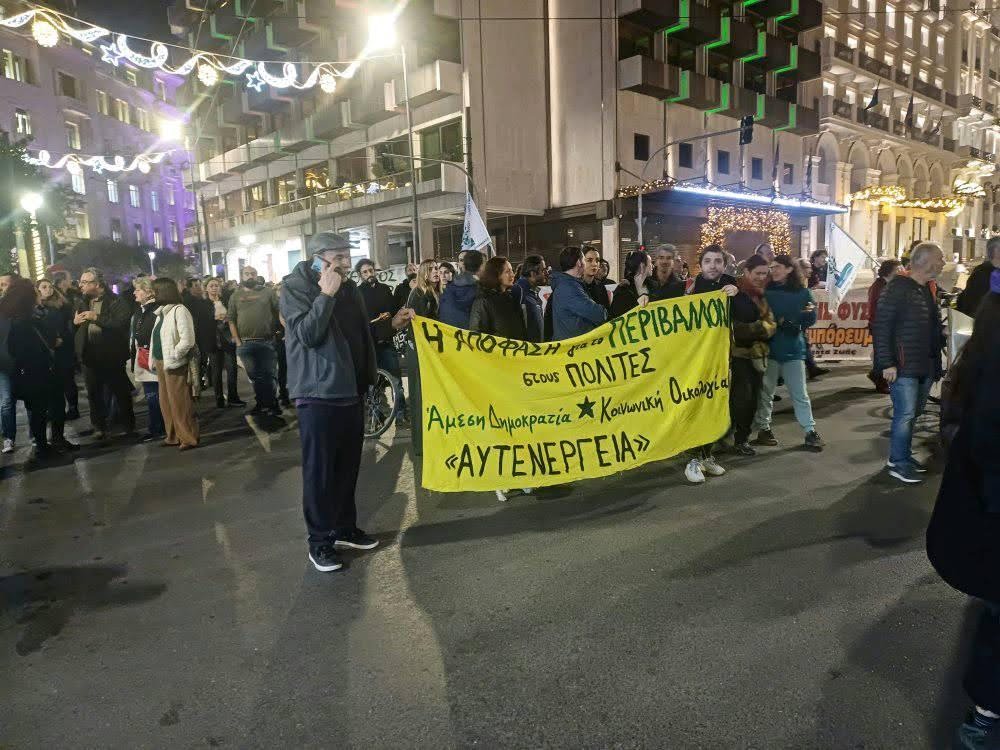Political Self-Activation and the Role of Local Communities in Driving Change

- Summary
- Fact Sheet
- Project Details
This project responded to the political disengagement of young people by creating an experiential civic education journey rooted in local democratic practice. In partnership with the NGO DimosEnergo, students designed activities that linked philosophical reflection with real-life community action.
Key deliverables included a bilingual civic activation toolkit, a participatory mapping initiative, a public deliberative simulation (Agora for All), and a policy brief for local institutions. The course supported SDGs 4 (Quality Education), 11 (Sustainable Cities), 16 (Peace, Justice, and Strong Institutions), and 17 (Partnerships for the Goals) by enabling young citizens to understand, practice, and promote local civic engagement.
Challenge
Low political participation and widespread civic apathy, particularly among youth, present a challenge to democratic resilience in Greece. The project tackled the need for more accessible, empowering, and meaningful opportunities for local democratic engagement.
Target Groups:
The primary group included young adults aged 20–30 with little political experience. Indirect beneficiaries included local residents from low-participation neighborhoods, civic organisations, and policy stakeholders who engaged through forums, mapping, and consultation activities.
Solution
The project delivered a civic education process through participatory mapping, simulations, and storytelling. Students co-designed tools and events that made politics tangible, accessible, and collaborative—fostering inclusive community dialogue and democratic experimentation.
Innovation
It introduced civic simulation and peer-designed toolkits as a means of active democratic learning. By combining philosophical concepts with real-world application, it bridged theory and action in a format that was reflective, scalable, and grounded in place-based experience.
Impact
The project reached over 120 local citizens, generated partnerships with NGOs and the municipality, and led to further invitations for replication. Students gained practical skills in facilitation, policy design, and democratic leadership. A civic education manual is now in development for schools and training centers.
This student project is submitted through:
Aristotle University of Thessaloniki
It involved four students from the Department of Philosophy and Education
Project poster: Download Here
